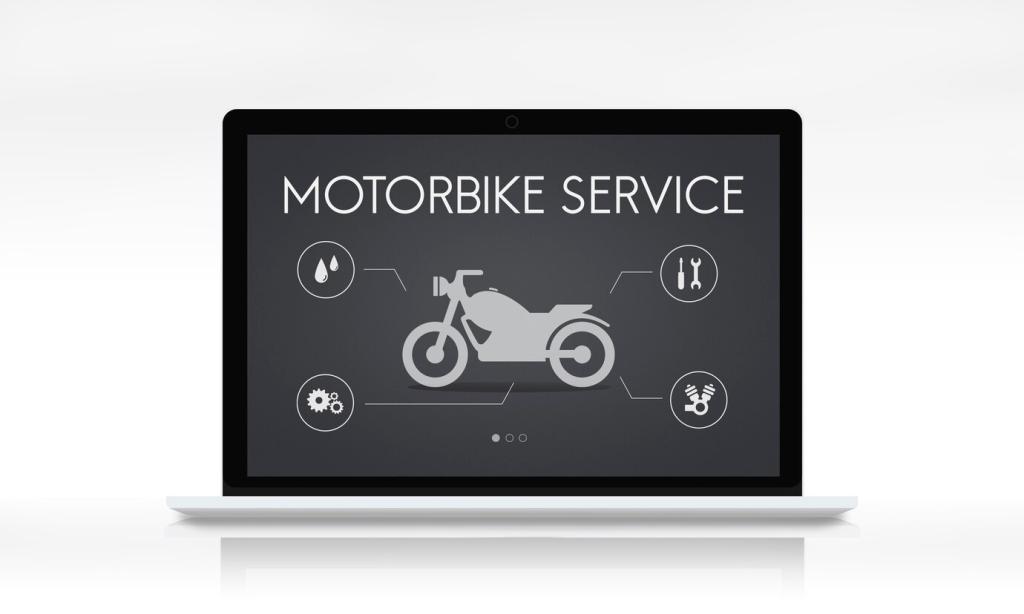Empower Your Team: Employee Training on Cybersecurity Awareness
Chosen theme: Employee Training on Cybersecurity Awareness. Welcome to a friendly hub where practical training meets real-world threats, human stories, and everyday habits. If you care about keeping data safe without scaring people into silence, you’re in the right place. Read on, share your experiences, and subscribe for fresh, human-centered tips that make security second nature.
Why Cybersecurity Awareness Training Matters Now
Most breaches begin with humans being hurried, distracted, or overly helpful. Training that respects pressure and workload acknowledges this reality, equipping employees to pause, verify, and act calmly. Share a moment when a simple pause saved your organization from trouble.

Designing a Program People Actually Finish
Five-minute modules beat hour-long marathons. Bite-sized videos, quick quizzes, and single-topic scenarios respect attention and time. Employees remember more when they learn often and briefly. What format keeps your team engaged—videos, stories, or interactive scenarios?
Designing a Program People Actually Finish
Finance teams face invoice fraud; support staff handle sensitive data; engineers juggle tokens and repos. Tailor modules to real tasks and tools employees use daily. Invite peers to add examples, and ask readers to suggest role-specific threats they want demystified.
Phishing, Pretexting, and Practice That Builds Confidence
Run Thoughtful Simulations
Design campaigns that mirror real threats: invoices, calendar invites, delivery notices, cloud-sharing prompts, and impostor executives. Explain the telltales afterward, share heat maps of clicks, and invite questions. Respectful debriefs transform mistakes into collective learning, not private embarrassment.
Teach the Report-First Reflex
Reporting beats perfection. A new hire once flagged a suspicious vendor change minutes before payment, saving a week of financial cleanup. Make reporting tools obvious, fast, and celebrated. Encourage readers to post what makes them comfortable or hesitant to report.
Beyond Email: Voice, Chat, and QR
Attackers adapt. Train for voice phishing, fake chat escalations, and malicious QR codes on public posters. Practice verifying outside the original channel, and confirm identities using known contacts. Share an unusual social engineering attempt your team encountered recently.

Passwords, Passphrases, and Managers
Replace complex rules with strong passphrases and a trusted password manager. Teach how to spot fake manager pop-ups and verify downloads. Show employees how to store recovery codes safely. What passphrase trick helped your team finally ditch sticky notes?
MFA as a Default Mindset
Multi-factor authentication blocks many opportunistic attacks, but fatigue is real. Train people to spot suspicious prompts, use number matching, and revoke old tokens. Encourage them to ask for help when a prompt appears unexpectedly. How do you reduce MFA fatigue at scale?
Device Hygiene and Updates
Updates close doors attackers love. Teach automatic updates, safe USB practices, and VPN use on public Wi‑Fi. Explain why admin rights are limited and how to request temporary access. Share your best tip for making updates painless in busy teams.

Sustaining Momentum with Leadership and Community
Leaders Who Walk the Talk
Ask executives to complete training early, share personal lessons, and publicly thank fast reporters. Visible commitment sets tone and normalizes learning. What message from leadership would motivate your team to treat security as part of quality work?
Champions and Peer Learning
Recruit security champions in each department to localize tips and host short office hours. Peers translate policy into daily reality. Recognize their contributions and rotate the role. Who could be your next champion, and how will you support them?
Celebrate Wins, Learn from Near Misses
Create rituals that highlight quick reporting, great saves, and thoughtful questions. Treat near misses as free lessons for everyone. Keep the tone curious, not punitive. What celebration or small reward would make reporting feel valued on your team?
